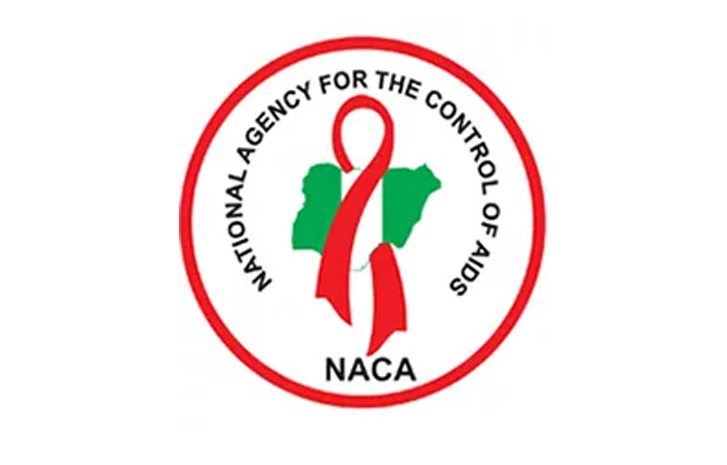On Tuesday, February 1, 2022, President Muhammadu Buhari launched a N62-billion intervention fund for the prevention and treatment of HIV/AIDS in the country.
The HIV Trust Fund of Nigeria (HTFN), a child of the National Agency for the Control of AIDS (NACA), and driven by the Nigeria Business Coalition Against AIDS (NiBUCAA), is a sustainable financing mechanism for the mobilisation and deployment of domestic private sector resources to address the Prevention of Mother to Child Transmission (PMTCT) of HIV in Nigeria.
- Buhari to grant scholarships to 3 young Nigerian scientists
- 70% of primary health centres in Nigeria lack drugs, facilities – NPHCDA
According to statistics from NACA, Nigeria has the highest number of HIV new infections among children globally. It said one out of every seven children born with HIV in the world is in Nigeria. In the absence of intervention, the rate of transmission of HIV from a mother living with the virus to her child during pregnancy, labour, delivery or breastfeeding ranges from 15 per cent to 45 per cent. With the right treatment, however, this risk reduces to less than one per cent.
It is expected that the HIV Trust Fund of Nigeria will improve efforts to ensure coverage of high-IMPACT HIV interventions that will provide the requisite treatment for HIV positive mothers, while contributing to closing the funding gap for HIV in Nigeria that currently stands at about U$108 million per annum.
It is also expected that the Trust Fund’s investment will improve maternal health and reduce child mortality (especially in the rural and peri-urban communities) in Nigeria through programmes focused on awareness creation on PMTCT, HIV prevention education for women who are in their reproductive age, and the provision of testing services and antiretrovirals for HIV-positive pregnant and infected babies.
It is hoped that by deploying private sector competencies and capital market tools, the HTFN will help Nigeria achieve the UNAIDS’ 95-95-95 strategy of ending the AIDS epidemic by 2030; achieving 95 per cent diagnoses among all people living with HIV (PLHIV), 95 per cent on antiretroviral therapy (ART) among the diagnosed, and 95 per cent virally suppressed (VS) among those treated.
Launching the fund, President Buhari assured Nigerians that his administration would continue to give priority to the health interventions to address killer diseases and public health emergencies.
He said while there was need for a renewed global action to address the HIV/AIDS epidemic, strong domestic resource mobilisation with an enduring partnership and shared responsibility is required to sustain the response to HIV and other public health emergencies.
Also at the event, the Secretary to the Government of the Federation, Boss Mustapha, said since 2005, $6.2 billion had been spent on HIV/AIDS responses, with 80 per cent coming from external donors, with the private sector contributing two per cent and the government contributing the rest.
Indeed, the launch of this fund is a welcome development given the paucity of resources to sustain the fight against the killer disease, especially in the rural areas. In recent times, due to the withdrawal of key funding agencies by a number of external contributors, many AIDS sufferers find it difficult to keep up with their medication. This is more in the rural areas where many cannot afford the cost of the drugs in the face of competing necessities.
It is on record that the private sector played a key role in the funding to address the fight against COVID-19 where it provided isolation centres, testing laboratories and numerous consumables, which significantly helped in addressing the pandemic.
We, therefore, welcome the launch of the fund as one of the ways that the country could effectively address the scourge of HIV/AIDS.
We also commend the increasing interest shown by the private sector in addressing the major issues confronting the country in an organised manner, and hope that it would continue to look at other critical areas that require such interventions.
The people on the Board of Trustees of the fund must understand the importance of this initiative and ensure that it achieves the purpose for which it has been set up. In the past, trust funds of this nature were set up and nothing came out of them. We urge the board to ensure accountability and that this effort leads to the eradication of the virus in the country. There should also be sustained mobilisation of funding towards this objective.
Relevant government officials must be made to realise that the success of this venture largely depends on how they effectively manage the resources put under their care for the management and prevention of the disease.

 Join Daily Trust WhatsApp Community For Quick Access To News and Happenings Around You.
Join Daily Trust WhatsApp Community For Quick Access To News and Happenings Around You.


